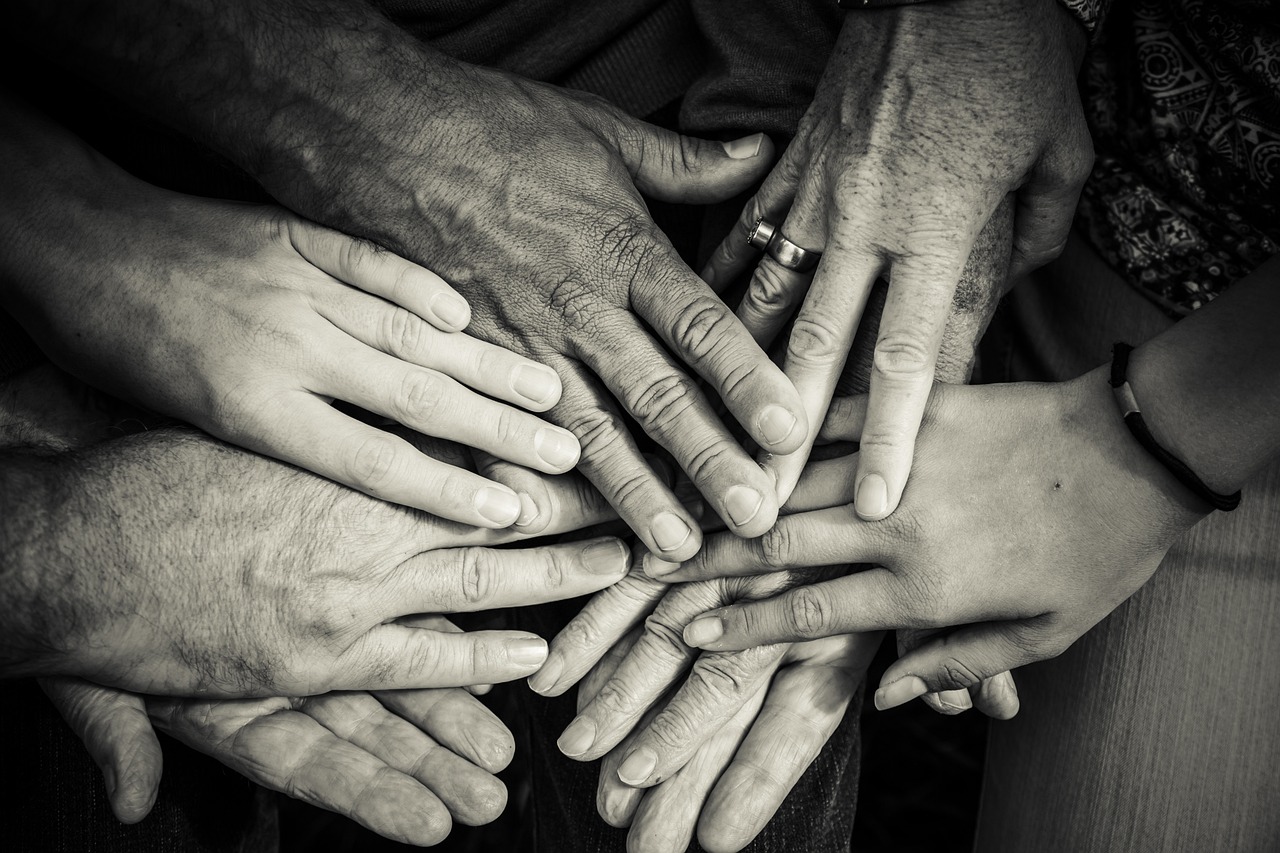News release
From:
We're all in this together - Why Care for Humanity?
How can we strengthen social cohesion with humanity at large to tackle global problems such as climate change and warfare? Here we present the results of two studies showing that universally shared transformative life events and recognising our common ancestry as a basis for global familial ties can strengthen social bonds on a global scale. We discuss how these two strategies can be used in practice by political leaders, educators, and activists to mobilise social cohesion to address global collective action problems that affect us all.
- We’re all in this together – Sharing transformative life events and recognising common ancestry could help bring humanity together. Two studies were carried out with participants from the United States. Study 1 found mothers were more "fused" with women with shared motherhood experiences, allocating them more money in a money allocation task. In Study 2, participants were more "fused" with humanity after watching a talk on global shared biology. The authors suggest these strategies could be used to increase social cohesion and tackle global collective action problems. Royal Society Open Science



 International
International



